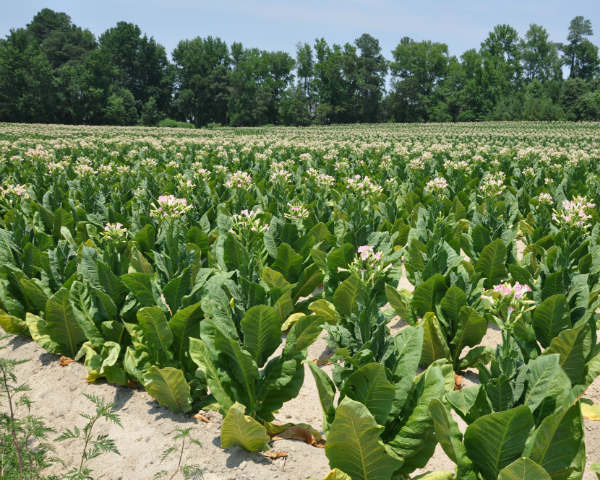This Is What Happens When Scientists Hack Photosynthesis
Can we hack photosynthesis? Science says it's possible. Biologists are working on a way to revolutionize food production by introducing bacteria genes into crops. The single-celled organisms known as cyanobacteria are much quicker and more efficient at converting sunlight into usable energy and sustenance than most plants are. Therefore, if mutated versions of regular plant organisms fused with the bacterial DNA could be created, fertilizer needs would be cut and crop production would speed up by as much as 60 percent.
The plant geneticists who led the research team at Cornell University have long been attempting to improve the Rubisco gene (the gene that converts CO2 into sugar), because at the moment the synthesis process is not very efficient. Right now, the research team is trying this new process with tobacco plants, but even though they've made some progress, crop production is still a long way from being noticeably sped up, because there are still flaws in the altered Rubisco gene.
This research is just one of many creative solutions that scientists will have to come up with in order to increase food production to meet the needs of our rapidly growing world population.
For the latest happenings in the food and drink world, visit our Food News page.
Joanna Fantozzi is an Associate Editor with The Daily Meal. Follow her on Twitter@JoannaFantozzi
